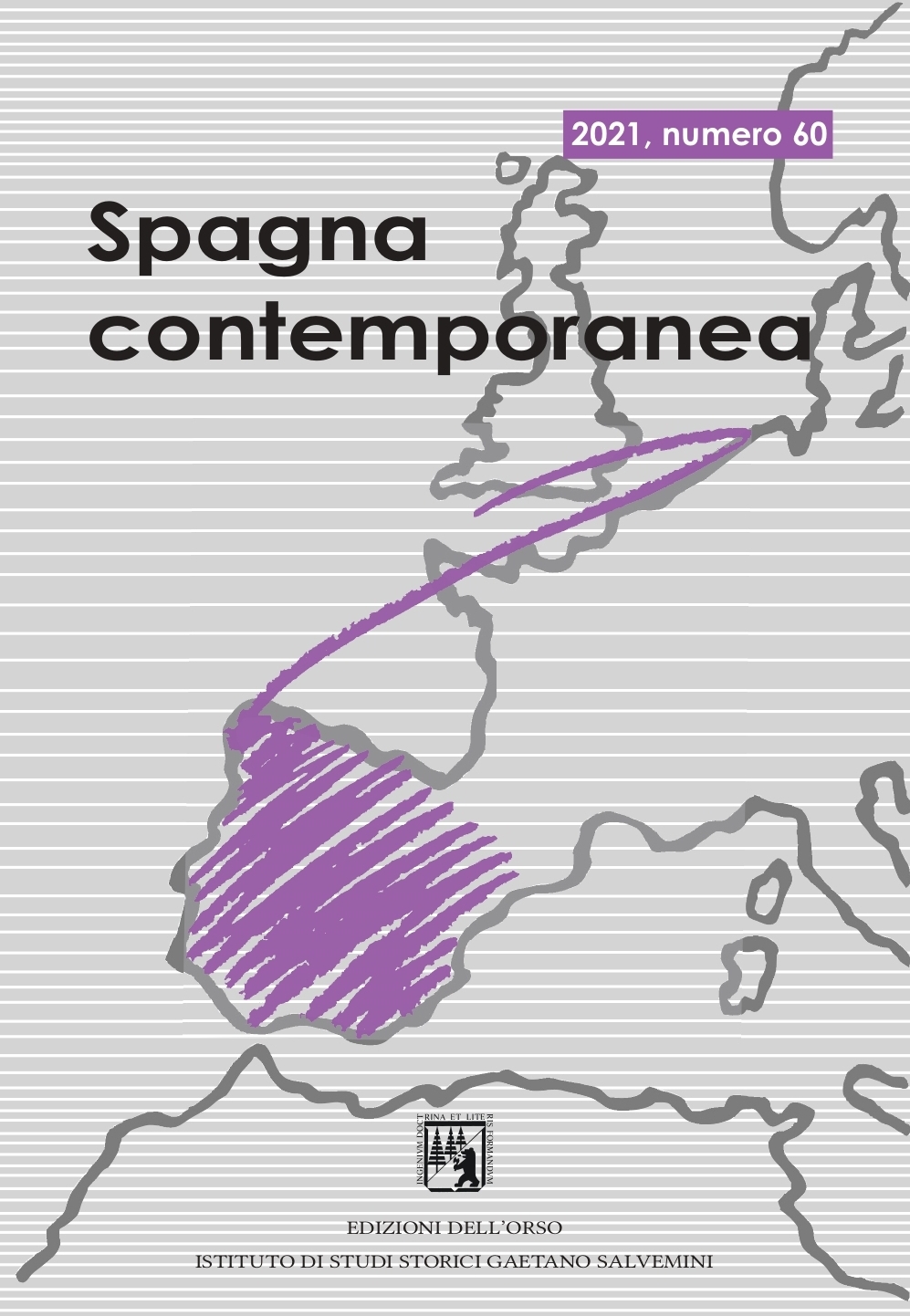La España de 1821 evocada por los dos embajadores franceses, el duque de Montmorency-Laval y el conde de Lagarde
Keywords:
Fernando VII, Montmorency-Laval, Lagarde, Luis XVIII, Morillo, Riego, BardajíAbstract
With a very careful and thorough examination of the hitherto unpublished di- plomatic dispatches by the French ambassadors in Madrid in 1821 and 1822, Duke of Montmorency-Laval and Count Lagarde – material actually available in the Espagne-Correspondance politique’series in the French Ministry of Foreign Affairs’ Archives at La Courneuve, near Paris – the Author gives us an interesting overview of the attitudes, the mood and character of King Fernando VII in the central years of the Trienio liberal. It is obviously a very subjective view, as revealed by the different comments of the two ambassadors when reporting similar events, but in any case revealing the suspicion and fear climate surrounding the Spanish monarch, that was often leading to his erratic behaviour and the sometimes inconsistent stances. It is a very narrow vision, as both diplomats are stationed in Madrid and therefore their news only concern the capital. The monarch’s kind of relationship with the French ambassadors may be clearly inferred from the dipatches’ content, much more friendly and confidential with Laval, formal and detached with Lagarde. The dispatches are full of interesting hints, in some cases offering to the scholars outstanding news, as in the case of those of June 22 and July 27 of 1821, showing how the Spanish monarch, scarcely one year after his swearing the Cádiz Constitution, was already searching for allies in order to restore his absolute power.
Downloads
Published
Issue
Section
License
Copyright (c) 2022 Istituto di studi storici Gaetano Salvemini, Torino

This work is licensed under a Creative Commons Attribution-NonCommercial-NoDerivatives 4.0 International License.



